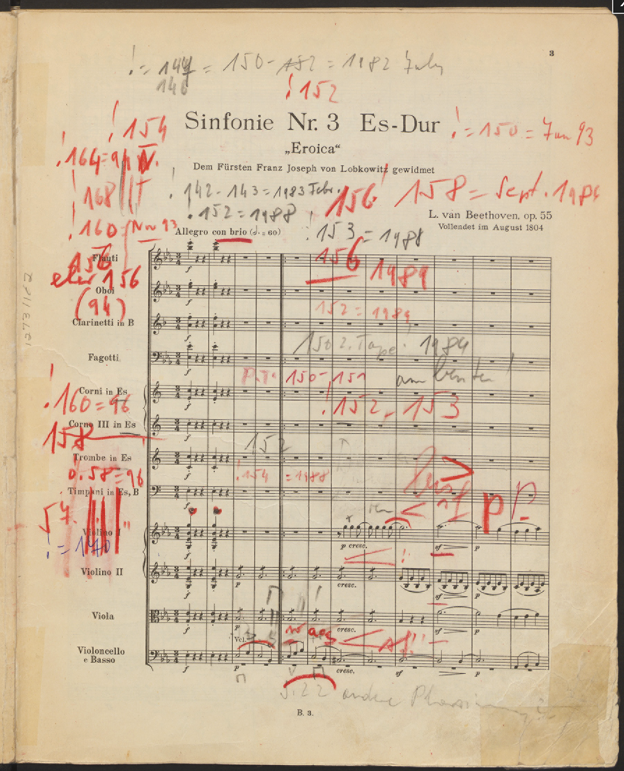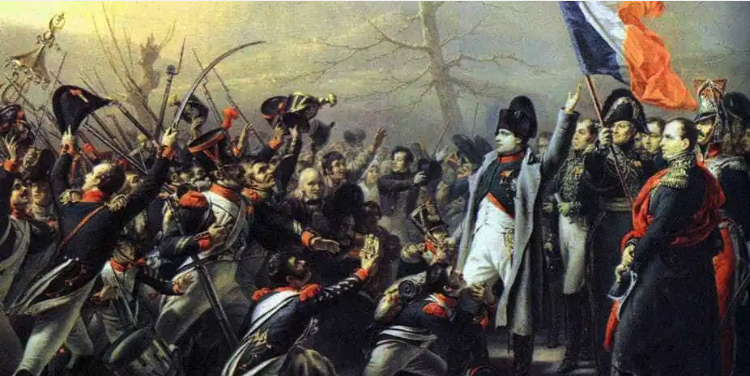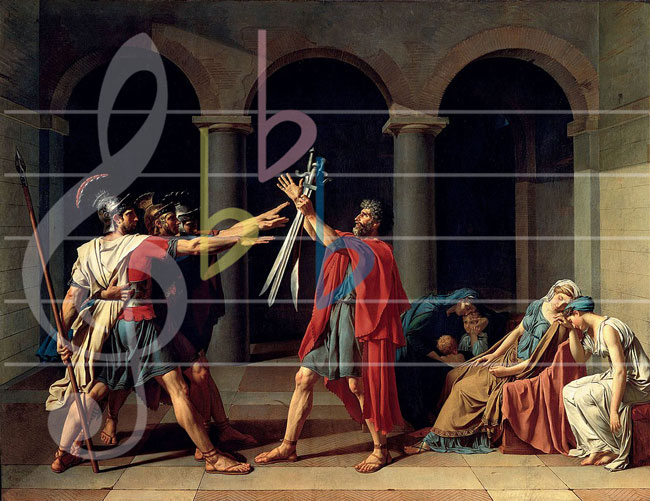Once written, a symphony sounds forever. Like a cathedral, which even after its stones are tumbled down, remembers all those who traversed its threshold with a wish for eternity. Open a score to a symphony laying there all silent on its many staves, you’ll hear it suddenly leap to life as if it had been sounding all along.

I’m not gifted with perfect pitch, but occasionally I’m arrested when the sounding of an E-flat chord catches my attention. I’m not sure why exactly, but I believe it is because E-flat major is a heroic key. It’s a portal into eternity — that is why it is heroic. E-flat major startles us when it appears all of a sudden in its shining armour — those three knightly flats, a holy trinity, standing guard permitting only the most heroic to enter.

One night I met Napoleon. I, a time traveller, knew what was to come and could share certain discrete information with him concerning his future. I decided to start with Waterloo — the defeat that is — but I sweetened the news by explaining that, despite his defeat, he would be remembered as a hero. So it shouldn’t come as a surprise that, as I conversed with the Empereur, those opening E-flat chords from Beethoven’s “Eroica” Symphony boomed in my head.
When I returned, I determined I should gather all things E-flat close to me.
